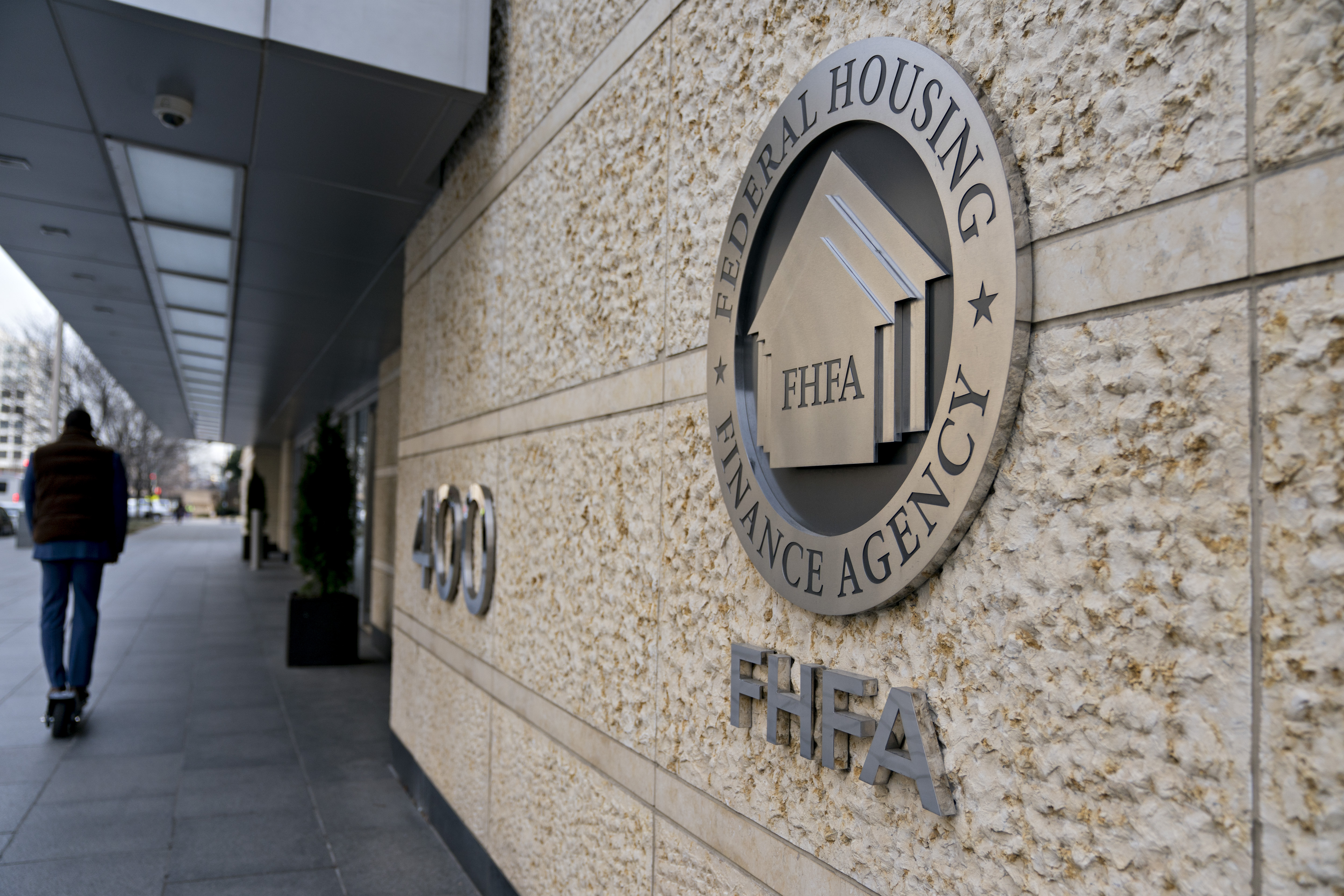
FHFA Director Invoice Pulte is signaling a narrower company function by rescinding renter necessities for multifamily mortgages and rolling again direct regulation of unfair and misleading acts and practices. These modifications ease burdens on lenders however elevate issues about renter protections.
Pulte introduced the strikes on X, marking a direct distinction to how the government-sponsored enterprises’ regulator operated beforehand, when it
Lenders welcomed the rollback, seeing the renter necessities, which had been set to enter impact Might 31 after an extension, as political overreach. Nonetheless, client advocates warn that it may exacerbate affordability challenges.
Tenant protections rollback
David McCarthy, managing director and chief lobbyist for the Industrial Actual Property Finance Council, had predicted the tenant protections can be considered one of
The City Institute, in distinction, stated protections
Responses from each organizations to the newest change had been pending at deadline.
The Trump administration and Republican Congress are
The FHFA stated the rollback wouldn’t depart renters unprotected, noting that “many states and native governments have present legal guidelines and insurance policies associated to lease notices and charm intervals for late charges.”
UDAP advisory bulletin recission
By rescinding the UDAP advisory that beforehand acknowledged the FHFA would immediately regulate prohibitions in regard to unfair and misleading acts or practices, the company shifts enforcement to the Federal Commerce Fee, lowering regulatory overlap.
The transfer reduces “potential battle or confusion over interpretation of UDAP provisions” by leaving that function to the fingers of the Federal Commerce Fee as their “major administrator whereas the FHFA focuses on the “security and soundness” of the enterprises, the FHFA stated.
The transfer aligns with the Trump administration’s broader push to cut back regulatory oversight, together with its goal to remove the Client Monetary Safety Bureau and depend on the FTC as an alternative.
Mortgage Bankers Affiliation President and CEO Bob Broeksmit welcomed the transfer in a press release wherein he stated the earlier expectation that Fannie Mae and Freddie Mac would conduct client safety oversight “wrongly established the GSEs as compliance regulators.”
Fannie Mae and Freddie Mac do not originate loans however set parameters for purchases that lenders regularly use as the idea for his or her underwriting. Whereas they’ll push lenders to repurchase fraudulent loans, they will not play a direct function in client safety enforcement underneath these modifications.
There was an intensified concentrate on client protections on the FHFA for the reason that Nice Monetary Disaster compelled the enterprises into conservatorship, which Republicans largely view as extreme.
Whereas the causes of the GFC and its housing crash are typically topic to debate, each are sometimes largely attributed to poor mortgage efficiency after lenders, the enterprises and others failing to take sufficient accountability for customers’ skill to repay when qualifying debtors for loans.
The CFPB has had oversight over ability-to-repay guidelines established after the disaster.
Some free-market advocates have stated debtors concerned within the GFC ought to have taken accountability for the mortgage phrases they agreed to and subsequent defaults with much less authorities involvement. Officers bailed the enterprises out because of their broader market affect.
The federal government-sponsored enterprises do have a buffer in opposition to unfair and misleading acts and practices on the lender stage that have an effect on customers and could be related to fraud. If the GSEs discover it in loans they buy, they sometimes attempt to get the promoting lenders to purchase again the mortgage concerned.


